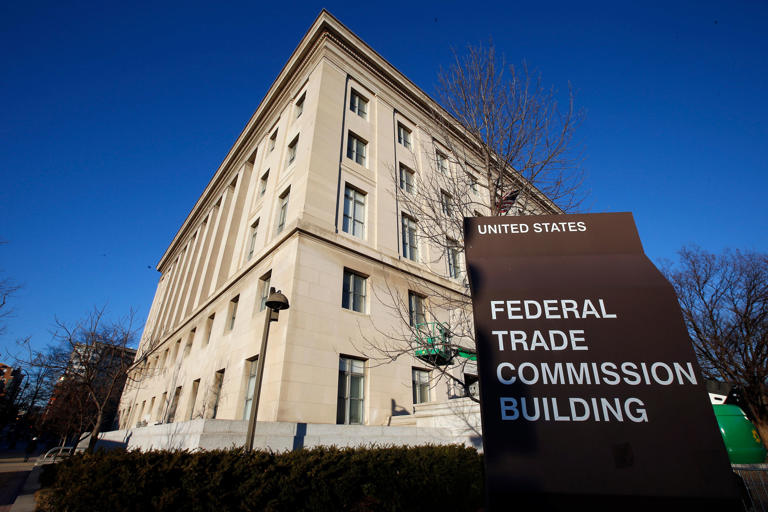The US Federal Trade Commission (FTC) recently disclosed findings from an interim study that shed light on concerning practices within the pharmaceutical benefit management (PBM) sector. PBMs, crucial intermediaries in the healthcare system, negotiate drug prices with pharmaceutical companies and manage prescription plans for employers and insurers. Over time, these entities have grown in influence, deeply embedding themselves into larger healthcare conglomerates, which has allowed them to exert significant control over drug availability and pricing.
The FTC’s report highlighted how PBMs, including major players like CVS, Cigna’s Express Scripts, and UnitedHealth’s Optum, collectively handle an overwhelming majority—about 95%—of prescription drug transactions in the United States. This consolidation of power has raised alarms among regulators and stakeholders alike, as it enables PBMs to dictate which drugs are accessible to patients and at what cost.
Despite concerns raised by the FTC, reactions from Wall Street were initially cautious, with modest movements in stock prices observed for companies implicated in the report. Analysts, such as those from JPMorgan, have expressed skepticism about the FTC’s findings leading to significant regulatory changes without clearer evidence of misconduct or formal charges. Nevertheless, pressure on PBMs has been mounting from various quarters, including accusations from drug manufacturers and criticism from employer groups and independent pharmacies, all alleging that PBMs contribute to rising medication costs through opaque business practices.
The FTC’s investigation highlighted several troubling practices within the PBM industry. One key revelation was the disparity in reimbursement rates, where PBMs allegedly paid their own mail-order and specialty pharmacies significantly higher rates—up to 200 times more—for common cancer drugs compared to what they reimbursed independent pharmacies. Such practices, according to the FTC, could have generated excess revenue amounting to at least $1 billion, underscoring the potential financial impact on both healthcare expenditures and patient costs.
Internal communications cited in the report revealed strategies employed by PBMs to steer patients towards their affiliated pharmacies, despite substantial price differentials that could disadvantage patients and independent pharmacy competitors alike. For instance, an executive noted that a common leukemia treatment could cost $97 at a retail chain like Costco, but the same drug was priced at an exorbitant $19,200 at the PBM’s own mail-order pharmacy. These pricing discrepancies not only raised ethical concerns but also highlighted potential economic implications for patients and the broader healthcare system.
Moreover, the FTC raised concerns about the restructuring of PBM entities involved in negotiating rebates with drug makers. By creating new corporate units and offshore entities, PBMs may have enhanced their ability to generate additional fees and rebates from pharmaceutical manufacturers, potentially without passing on these benefits to their clients.
As the FTC continues its investigation, ongoing scrutiny and document requests underscore the agency’s commitment to addressing transparency and fairness within the pharmaceutical supply chain. The findings from this interim report could pave the way for future regulatory actions aimed at improving accountability and mitigating the financial burden of prescription drug costs on patients and healthcare systems alike.
